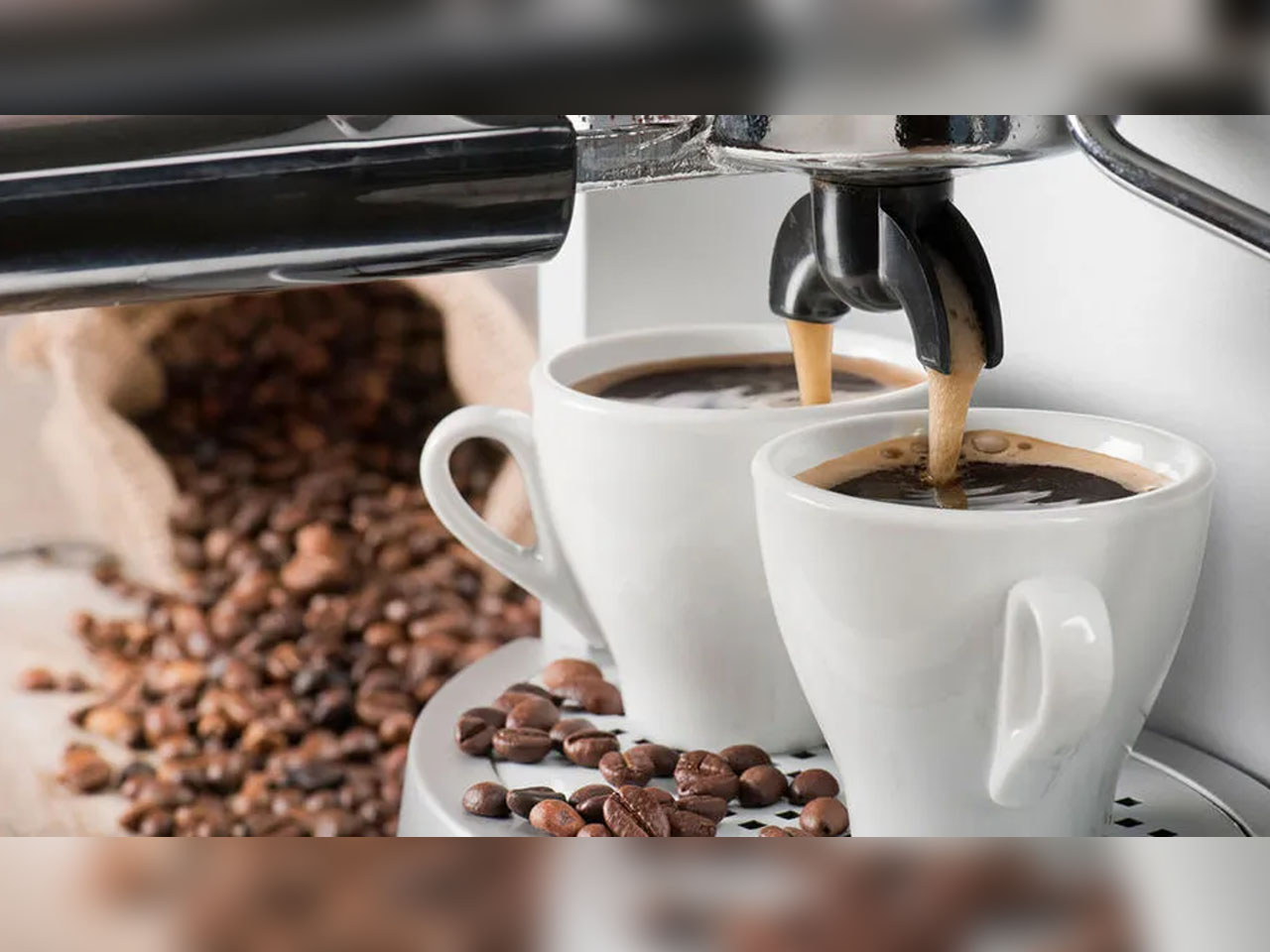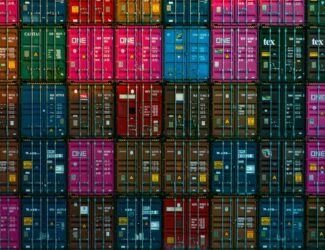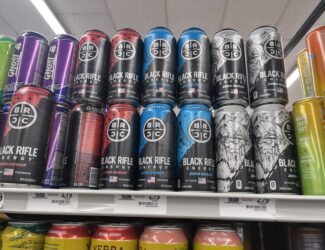
Florence coffee bar customer calls police over price of espresso
A coffee bar in Florence has been fined €1,000 (£846) after a customer got steamed up over the price of a humble cup of espresso.
The customer called police after being charged €2 (£1.70) for his coffee – a decaffeinated one, at that – at Ditta Artigianale in the centre of the Tuscan city.
The man complained that the price was not displayed on a menu behind the counter. It was this error that landed the bar, which is celebrated for its coffee-making and has won winning several competitions, in trouble.
Francesco Sanapo, the owner of Ditta Artigianale, vented about the fine on social media and defended his coffee, which he said comes from a small plantation in Mexico and “is prepared with great care by my baristas”. He argued that the price of the coffee was displayed on a digital menu.
“They fined me because somebody got offended for paying €2 for a decaffeinated coffee [which involves a water extraction process]. Can you believe it?” Sanapo said in a video while holding up a letter from the police. “Even today, someone can get so annoyed that they mobilise the police, who find us to be in the wrong due to an outdated law. This law must be changed because otherwise 99.9% of bars and restaurants would easily fall foul of it.”
In Italy, the average cost of an espresso is €1, although more than 70% of bars increased prices earlier in the year due to supply chain issues and poor harvests. Consumer groups warned that the price of an espresso could rise to an average €1.50 this year.
Sanapo said that Ditta Artigianale – described on Facebook as the “first Italian coffee bar dedicated to quality coffee” – was somewhat “revolutionary” when it charged €1.50 for an espresso when the bar first opened in 2013. “There was negative and positive reaction, but until now I had never been fined,” he said. “Nobody should be scandalised about paying €2 for an espresso any more,” he added, citing the rise in cost of raw materials.
The Florence branch of Confartigianato, an association for small businesses, defended the bar. “This is something that deeply embitters me,” its president, Alessandro Vittorio Sorani, said. “A great deal of work goes into producing a quality product. Quality pays off and benefits everyone.”
Some of the bar’s customers leaped to its defence too. “If this customer went to London he’d get the FBI involved,” one wrote on Facebook.
… as you’re joining us today from the UAE, we have a small favour to ask. Tens of millions have placed their trust in the Guardian’s fearless journalism since we started publishing 200 years ago, turning to us in moments of crisis, uncertainty, solidarity and hope. More than 1.5 million supporters, from 180 countries, now power us financially – keeping us open to all, and fiercely independent.
Unlike many others, the Guardian has no shareholders and no billionaire owner. Just the determination and passion to deliver high-impact global reporting, always free from commercial or political influence. Reporting like this is vital for democracy, for fairness and to demand better from the powerful.
And we provide all this for free, for everyone to read. We do this because we believe in information equality. Greater numbers of people can keep track of the global events shaping our world, understand their impact on people and communities, and become inspired to take meaningful action. Millions can benefit from open access to quality, truthful news, regardless of their ability to pay for it.



